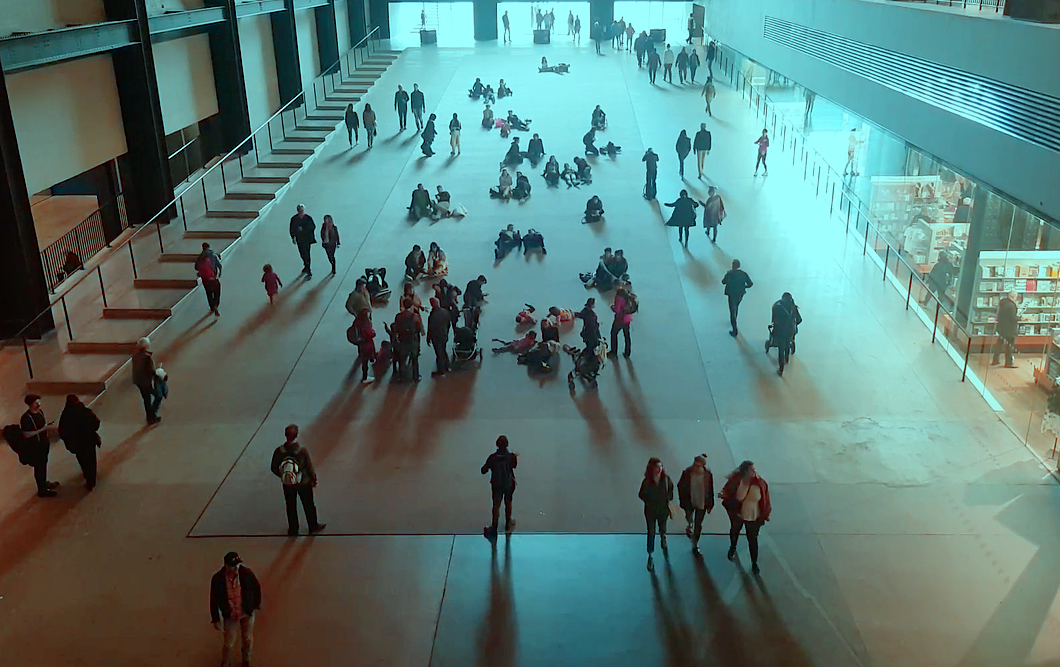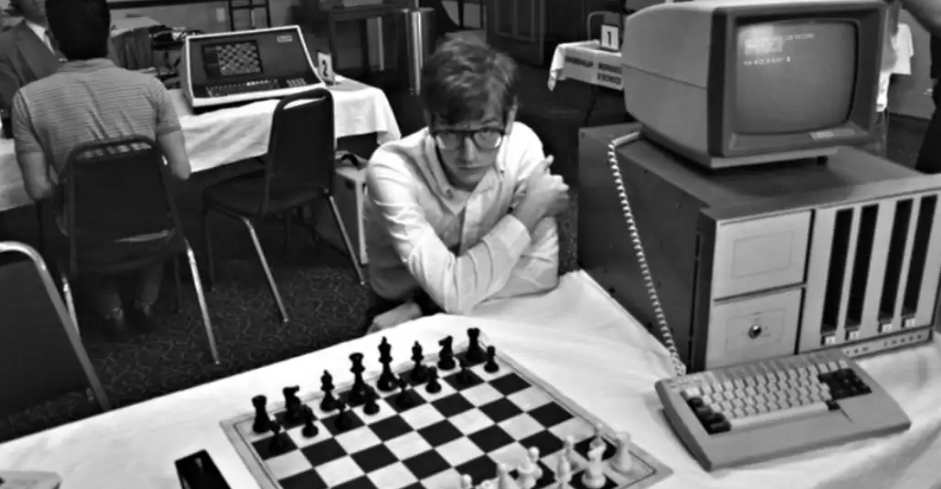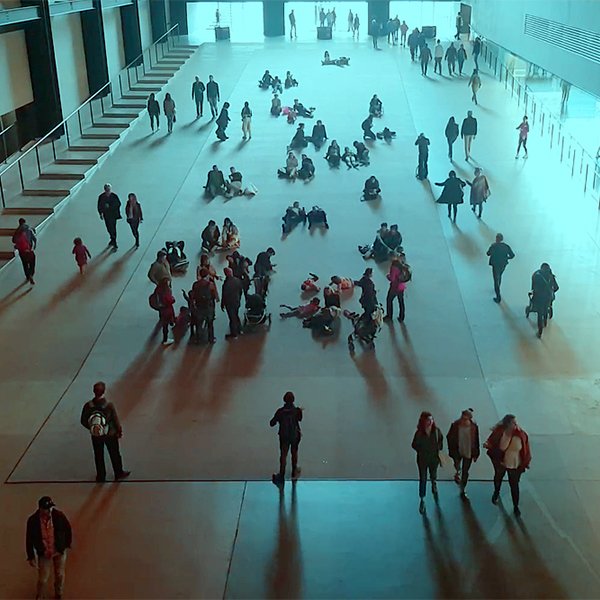
Blockchain and AI, particularly machine learning, are two quite recent revolutionary technologies that are being adopted by Governments and Businesses in all sorts of ways. In a series of articles (in 4 parts) I reflect in what ways these technologies have the potential to impact the lives of ordinary citizens.
A lot of discussion has been going on about how blockchain and AI affects governments and businesses. If AI has been around for quite a long time, the more recent Blockchain technology, has taken the world by storm, as being a database system that provides us with a simple protocol that allows transactions to be simultaneously anonymous and secure, peer-to-peer, immediate and in constant flow. The beautiful promise of blockchain is that is distributes the trust which is currently allocated to centralized, large and powerful intermediaries, to a large global network of people engaged in massive collaboration, facilitated by clever coding and cryptography. Adding AI to the equation ( which is the only solution possible for the large amounts of data resulting from decentralization and mass collaboration) the possibilities opening up in front of our eyes, are unimaginable.
But how is blockchain and AI helping Governments and Businesses focus on what is more important, which is not returns on investment, but the well being of people ?
Technology is meant ultimately to make life better for every citizen. If this is not the case, then such a technology is not worthy of being made in the first place. So as is the case with all other technologies which were invented previously, AI and the blockchain are supposed to make the life of the everyday citizen much better and improve the world around him or her. But technology sometimes brings undesired or unforeseen changes which may not be accepted by all. Lately, we have seen that happen, by fearful discussions about how automation is wiping off so many jobs.

Whenever an important innovation arises in the horizon, fear steps in, as people find it hard to accept change. Acceptance around these new techs, may thus not be uniform; depending on various reasons, some societies may accept certain changes brought by technology faster than other societies. So when it comes to citizen impact of the blockchain and AI, we can expect this to be the case as well. Where you live, conditions what types of needs you have. But regardless of that, again, with the massive number of people holding a phone, on a global scale, AI, is already widespread.
AI tends to be thought of as something quite futuristic that is not here yet. However, AI has been with us for a very long time; we may just not have realized it all this while. If you ever played a video game in the 70s and 80s, such as chess, AI was indeed already at work, especially in single player games where the individual would have to face the “video computer”. What has changed is that the complexity of tasks and functions performed by the simple AI continues to advance.

AI and the blockchain are now pushing the boundaries of yesterday’s limitations and turning them into today’s and future realities, and will affect how we live, work, study or play.
The everyday activities of citizens and residents of a country, border on living, work, study or play. AI and the blockchain are already disrupting how citizens live, work, play or study in more ways than one, and it is likely we will see a lot more of these changes in months and years to come. For years, AI and the blockchain have been the subjects of theoretical debates, discussions and discourse. Concerning Blockchain, it was hard to understand how such a complex technology could be put into practice in terms of projects that would truly improve the lives of people.
We are now at a stage where AI and the blockchain have become more mainstream, with the proliferation of devices that generate and distribute large amounts of data, as well systems and technology that interpret and utilize this data. As a citizen, you will feel the impact of AI and the blockchain in every facet of your human existence, even in ways that can still not be fully comprehended.
So how will AI and the blockchain affect the way a citizen will live, work, study and play?
Impact of AI and Blockchain on Citizens
Taking a visionary look at what the blockchain and AI can bring to the common citizen, is that these 2 technologies might be what we need, to implement the structural changes in the world, enabling us to become a global society. Just look at wikipedia… Wikipedia is a system of knowledge, a gigantic encyclopedia, made by anonymous systems from all corners of the world. Ideally, in that society of the future, blockchain in conjugation with AI, could enable us to make all citizens to be intimately connected, and participating in a system which is not centralized and run by powerful institutions anymore, but by a decentralised infrastructure which is distributed, fairer and more democratic.
This grand narrative and vision is still far from reality, as first and foremost, one needs to tackle important disparities still happening in the world, particularly in terms of financial inequality. It is important to stress here that citizen impact from AI and the blockchain will not be on the same level as far developed and developing countries are concerned. This is because of the vast differences in structures, processes, systems and infrastructure in place. Some of these issues were highlighted in the 2017 Blockchain Economic Forum which held in New York. At this meeting, one of the speakers, Christian Ferri, identified the fact that citizens in developed countries already have many of these things in place, either provided by the government or through the organized private sector.
As such, there is a little bit of indifference as to what AI and the blockchain are supposed to add to services that provide citizens with everything they need. Ferri, who is a board member of the Blockchain Compliance Alliance, believes that most of the changes and impact will be felt more in developing countries, where these legacy systems and processes are either absent or where present, are underperforming. With a “what have we got to lose” mindset, providers of AI and the blockchain have a blank cheque to develop and try out solutions based on AI technology and the blockchain, which will be able to deliver discernible improvements in the quality of life of citizens of developing countries.
Evidently, blockchain and AI will also impact citizens living in developed countries, but that impact will just happen in a different way, as their needs are different.
Blockchain and AI Technology: Benefiting the Ordinary Citizen Part 2
Blockchain and AI Technology: Benefiting the Ordinary Citizen Part 3
Blockchain and AI Technology: Benefiting the Ordinary Citizen Part 4

Dinis Guarda is an author, academic, influencer, serial entrepreneur, and leader in 4IR, AI, Fintech, digital transformation, and Blockchain. Dinis has created various companies such as Ztudium tech platform; founder of global digital platform directory openbusinesscouncil.org; digital transformation platform to empower, guide and index cities citiesabc.com and fashion technology platform fashionabc.org. He is also the publisher of intelligenthq.com, hedgethink.com and tradersdna.com. He has been working with the likes of UN / UNITAR, UNESCO, European Space Agency, Davos WEF, Philips, Saxo Bank, Mastercard, Barclays, and governments all over the world.
With over two decades of experience in international business, C-level positions, and digital transformation, Dinis has worked with new tech, cryptocurrencies, driven ICOs, regulation, compliance, and legal international processes, and has created a bank, and been involved in the inception of some of the top 100 digital currencies.
He creates and helps build ventures focused on global growth, 360 digital strategies, sustainable innovation, Blockchain, Fintech, AI and new emerging business models such as ICOs / tokenomics.
Dinis is the founder/CEO of ztudium that manages blocksdna / lifesdna. These products and platforms offer multiple AI P2P, fintech, blockchain, search engine and PaaS solutions in consumer wellness healthcare and life style with a global team of experts and universities.
He is the founder of coinsdna a new swiss regulated, Swiss based, institutional grade token and cryptocurrencies blockchain exchange. He is founder of DragonBloc a blockchain, AI, Fintech fund and co-founder of Freedomee project.
Dinis is the author of various books. He has published different books such “4IR AI Blockchain Fintech IoT Reinventing a Nation”, “How Businesses and Governments can Prosper with Fintech, Blockchain and AI?”, also the bigger case study and book (400 pages) “Blockchain, AI and Crypto Economics – The Next Tsunami?” last the “Tokenomics and ICOs – How to be good at the new digital world of finance / Crypto” was launched in 2018.
Some of the companies Dinis created or has been involved have reached over 1 USD billions in valuation. Dinis has advised and was responsible for some top financial organisations, 100 cryptocurrencies worldwide and Fortune 500 companies.
Dinis is involved as a strategist, board member and advisor with the payments, lifestyle, blockchain reward community app Glance technologies, for whom he built the blockchain messaging / payment / loyalty software Blockimpact, the seminal Hyperloop Transportations project, Kora, and blockchain cybersecurity Privus.
He is listed in various global fintech, blockchain, AI, social media industry top lists as an influencer in position top 10/20 within 100 rankings: such as Top People In Blockchain | Cointelegraph https://top.cointelegraph.com/ and https://cryptoweekly.co/100/ .
Between 2014 and 2015 he was involved in creating a fabbanking.com a digital bank between Asia and Africa as Chief Commercial Officer and Marketing Officer responsible for all legal, tech and business development. Between 2009 and 2010 he was the founder of one of the world first fintech, social trading platforms tradingfloor.com for Saxo Bank.
He is a shareholder of the fintech social money transfer app Moneymailme and math edutech gamification children’s app Gozoa.
He has been a lecturer at Copenhagen Business School, Groupe INSEEC/Monaco University and other leading world universities.












